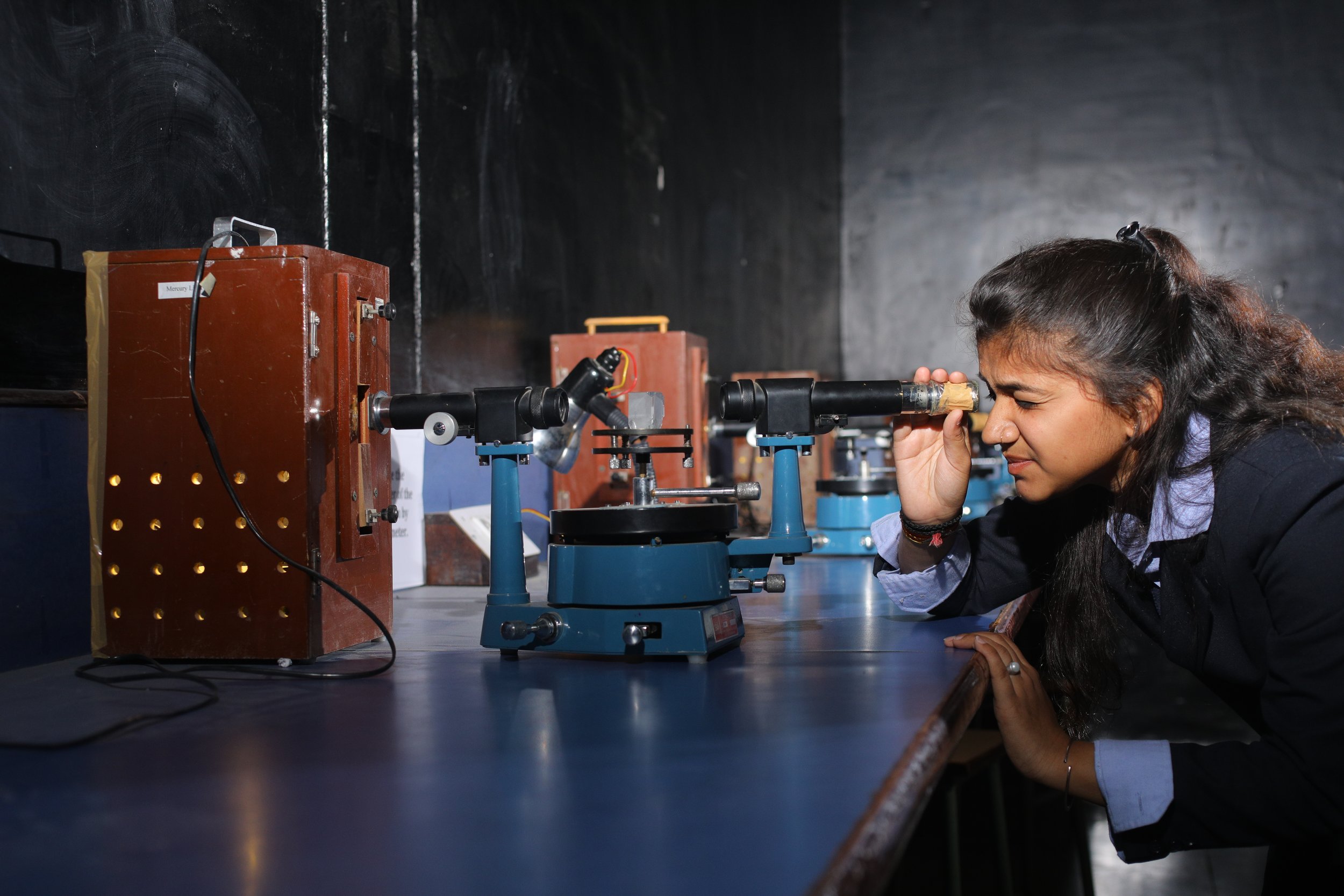Soft Skills in Hotel Management Courses: Why They Matter
The world of hotel management isn't just about serving the fanciest cocktail or preparing the most sumptuous gourmet meal. Behind those luxurious experiences lies a bedrock of soft skills, the unsung heroes that transform good service into great memories. With top institutions, including the esteemed IIMs, focusing on holistic education, let's dive deep into the realm of soft skills in hotel management.
The Essence of Soft Skills
Picture this: You enter a hotel and are met with a robotic, monotone greeting. No smile, no warmth, just a mechanical voice. Feels off, right? That's where soft skills come into play. Soft skills, unlike hard skills, are about more than the technical expertise you acquire but about the interpersonal skills that create a memorable guest experience.
The Big Four in Hotel Management
Communication: This is the cornerstone. Effective communication ensures that guests' needs are understood and catered to. It's not just about speaking but also about active listening and understanding cultural nuances.
Teamwork: A hotel is like a well-oiled machine. Every department, from the front desk to housekeeping, needs to work in harmony. Teamwork ensures that services are seamless and guests experience the best.
Problem-solving: In the dynamic world of hospitality, every day is different. Challenges will arise, and it's the ability to think on one's feet and find solutions that set a professional apart.
Adaptability: With guests from various parts of the world, adapting to different cultures, expectations, and feedback is crucial. An adaptable professional can cater to a diverse clientele with ease.
IIMs and Their Emphasis on Soft Skills
The Indian Institutes of Management (IIMs), although renowned for their business programs, also delve into the world of hospitality. Their courses emphasize the importance of soft skills, blending technical knowledge with interpersonal mastery. By doing so, they produce graduates who are not just skilled in their craft but also in managing people, expectations, and experiences.
Why This Matters
In an age where technology is rapidly advancing, many technical aspects of hotel management can be automated. However, the human touch, the emotional connection, and the ability to understand and cater to individual needs can never be replaced by machines. That's where soft skills shine.
It's evident the value of soft skills must be balanced. They are the bridge between good service and memorable experiences. Institutions that understand this and embed soft skills training into their curriculum are setting their students up for unmatched success.
Conclusion
While hard skills are undeniably crucial in the hotel management sector, it's the soft skills that truly make a difference. It's about creating experiences, building relationships, and ensuring every guest feels valued and understood.
If you're passionate about stepping into the world of hotel management and want a curriculum that values both technical and soft skills, look no further than JIET UNIVERSE's Hotel Management Courses. At JIET UNIVERSE, we understand the essence of holistic education and ensure our students are industry-ready in every sense. Dive into a world of unmatched opportunities. Join us, and let's create magic together.














